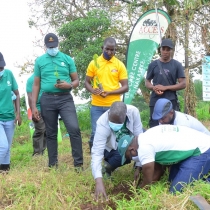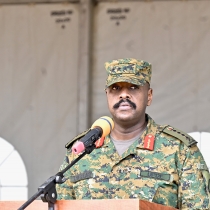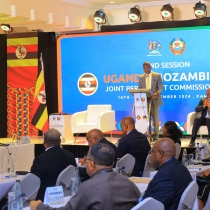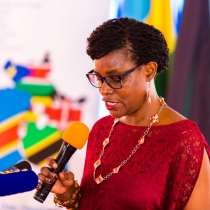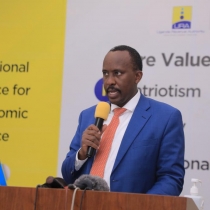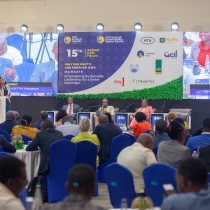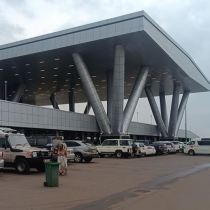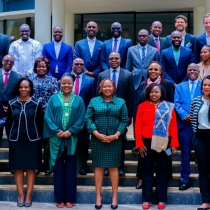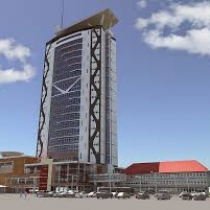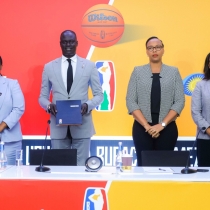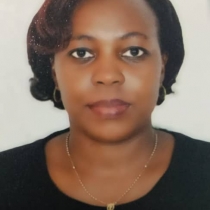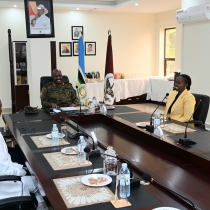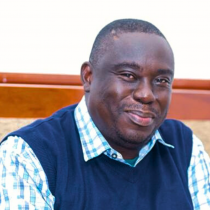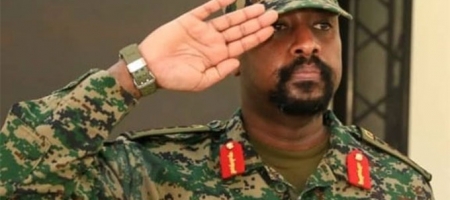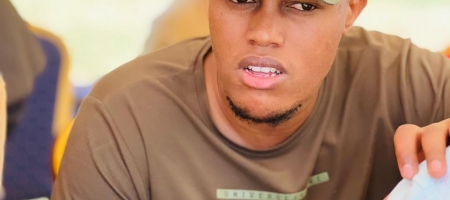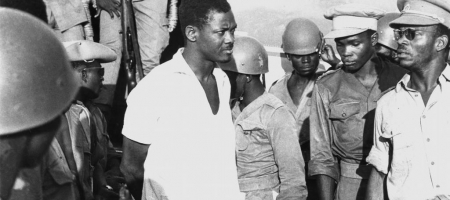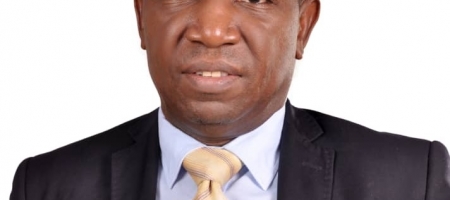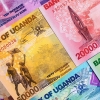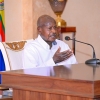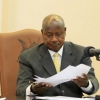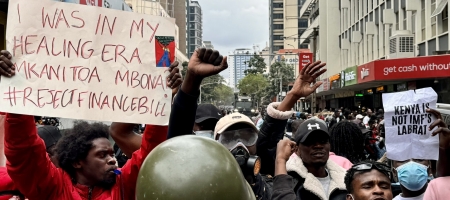The Tragedy of Uganda and Africa’s Disorientation
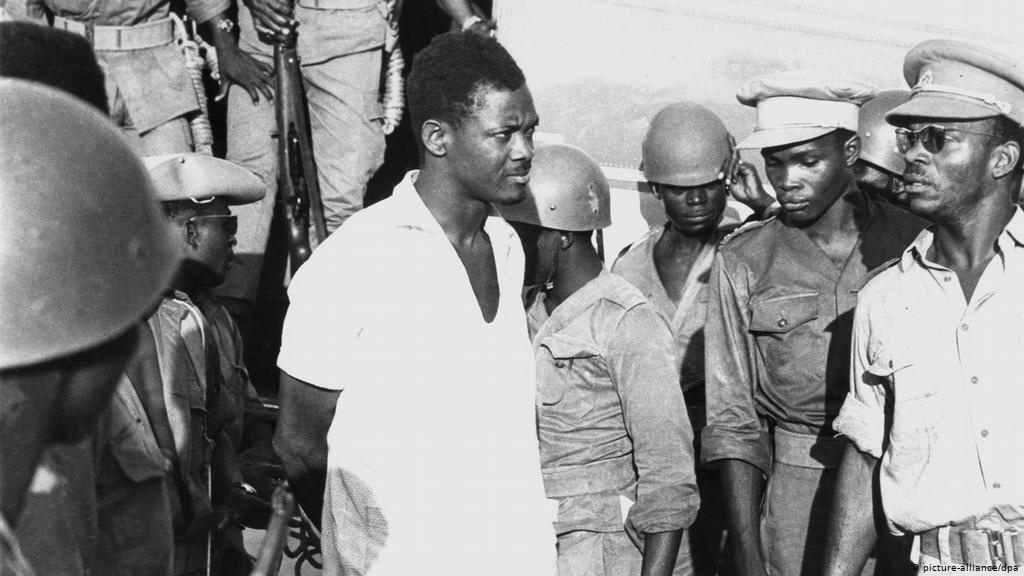
By Andrew Besi
30th June 1960 was supposed to be a day of celebration. He was not scheduled to speak. But as he listened to King Baudouin address assembled dignitaries on the Palais de la Nation, Emery was increasingly agitated.
From the dais, Baudouin declared: “It is now up to you, gentlemen, to show that you are worthy of our confidence. The independence of the Congo constitutes the culmination of the work conceived by the genius of King Leopold II, undertaken by him with tenacious courage and continued with perseverance by Belgium.”
Emery scribbled notes furiously and when the King was done speaking, Emery took to the podium. He had important things to say.
“We have known sarcasm and insults”, he began, “endured blows morning, noon, and night because we were ‘niggers’. We have seen our lands despoiled under the terms of what was supposedly the law of the land … We have seen that the law was quite different for a white than for a black: accomodating for the former, cruel and inhuman for the latter.
We have seen the terrible suffering of those banished to remote regions because of their political opinions…who can forget the volleys of gunfire in which so many of our brothers perished, the cells where the authorities threw those who could not submit to a rule where justice meant oppression and exploitation?”
Six months later, Emery Lumumba was assassinated by Africans taking orders from Belgian contract workers. The Americans and Europeans rejoiced. For the Congolese, the disappointment of Independence with Mobutu as the chief Cock had begun.
By 1980, 51 African countries had gained Independence. Of these, only Botswana; a vast arid country; ranked as a consistently stable democracy. Politicians in the rest of Africa hijacked democratic systems to remain in power indefinitely, turning our countries into ‘paper democracies’ with inefficient parliaments and other State apparatus all serving only the selfish interests of the Head Of State.
Even today, twenty-four years into the 21st century, Africa still registers the most military coups - 8 of which have been over the last four years.
These coups and wars of Revolution are a result of what President Museveni has identified as “Ideological Disorientation”, modelled on the futility of “politics of identity” itself a manifestation of Corruption.
How is it that we African people find ourselves trapped? In 1990, when FW de Klerk released Nelson Mandela from prison, Spain was a prosperous member of the European community, led by a stable democratic government.
In the years leading up to 1500, the Spanish helped themselves to most of South and Central America. They imposed the Roman Catholic religion on their colonies and at the same time, they exploited them ruthlessly, extracting fabulous wealth. It has been argued that “the huge amounts of gold they imported destroyed the value of their own gold coinage by causing impressive inflation which left their economy permanently weakened.”
By 1821, Spain's South American colonies had declared themselves independent. Finally, in 1898 the USA (already a thriving democracy and economic powerhouse) assisted the Cubans and Philippinos eject the Spanish.
When the Spanish Civil War broke out in 1936, Spain had endured more than a century of political instability, foreign occupation, and lawlessness all of which had reduced it to a third-rate power.
Like Imperial Spain, the Kongo people once ruled over a vast and wealthy Kingdom stretching from present-day Northern Angola upwards into what is now the Democratic Republic Of Congo. Indeed, the history of Africa is one of large prosperous Kingdoms/empires.
When Leopold II convinced von Bismarck to organise the 1884 Berlin Conference on Africa,none of Africa’s largest and most prosperous Kingdoms/empires survived. All had fallen on their backward spear of corruption (politics of identity).
Today, Africa's corrupt politicians, military men, and their associates in the civil service and private sector continue to "destroy the value of their gold coinage" by distorting land ownership and use. They are responsible for the unsustainable exploitation of all of Africa’s known natural resources.
When he ascended to the presidency of South Africa in 2009, Jacob Zuma with the aid of the Guptas - investors who had emigrated from India and set up a computer-selling shop in Johannesburg - proceeded on a thieving spree now known as State Capture. Today South Africa is not the “rainbow nation” that Mandela proclaimed on May 10, 1994. 62.7% of South Africans live in poverty compared to 50% in 1994. It is a country where blacks turn on blacks. Last year alone, 27,000 people in South Africa were killed in incidences of robbery and kidnapping.
In our own Uganda, the buzz of economic policy is now “foreign direct investment (FDI).” Data from the United Nations Trade and Development Office (UNCTAD) shows that in 2022/2023, FDI in Uganda rose by 39% to USD 1.5bn. The portion of FDIs in Uganda that are African accounts for less than 15%. Nowhere does UNCTAD mention that income distribution was significantly improved by FDI. In contrast, traitors in the political and civil service strata working with saboteurs in the private sector stole USD 2,618,161,000 from our national coffers. The result of this stealing: “Uganda ranked 151 out of 176 countries on Transparency International’s ‘Corruption Perceptions Index’”
In his seminal work titled “The Grand Chessboard: American Primacy and its Geostrategic Imperatives”, Zbigniew Brzezinski argues that the “three imperatives of Imperial geostrategy are to prevent collusion and maintain security dependence among vassals, to keep the tributaries pliant and protected, and to keep the barbarians from coming together.”
By refusing to tackle corruption, hankering FDIs as a cynosure of economic development, and failing to allow the genius of democracy to blossom (our politics of identity and patronage), Uganda like most of Africa weakens itself against those competing for global dominion. In this, we are like Imperial Spain.
The tragedy of this Ideological Disorientation is that Uganda and Africa will once again have to “endure blows morning, noon, and night” and have “our lands despoiled.” Unless of course …
The writer is a Ugandan Optimist bordering on Pessimism.
Links
- 286 views

